AN ASIAN GP who recently survived a rare cancer has urged members of the community to “listen to their bodies” to detect early signs and improve their chances of beating the disease.
Kripa Shortt, a GP in London, told Eastern Eye that her “Indian values” helped her to survive sarcoma, an uncommon cancer that can affect any part of the body including the muscle, bone, tendons, blood vessels and fatty tissues.
Despite being an uncommon cancer – accounting for fewer than one per cent of all cancer diagnoses – sarcoma affects 15 people daily in the UK.
Alarmingly, one in three patients waits over six months for an accurate diagnosis.
“I would love to share my experience to help others recognise symptoms and know when to see their doctor,” Shortt said.
“I’m 41, with two children. After having my second child, I noticed my belly getting larger. At first, I thought this was normal post-pregnancy weight gain, especially since I’m of Asian origin, and I attributed it to genetics,” she added.
“I ate healthily and exercised regularly, including running and yoga, but the slight increase in my belly size persisted.”
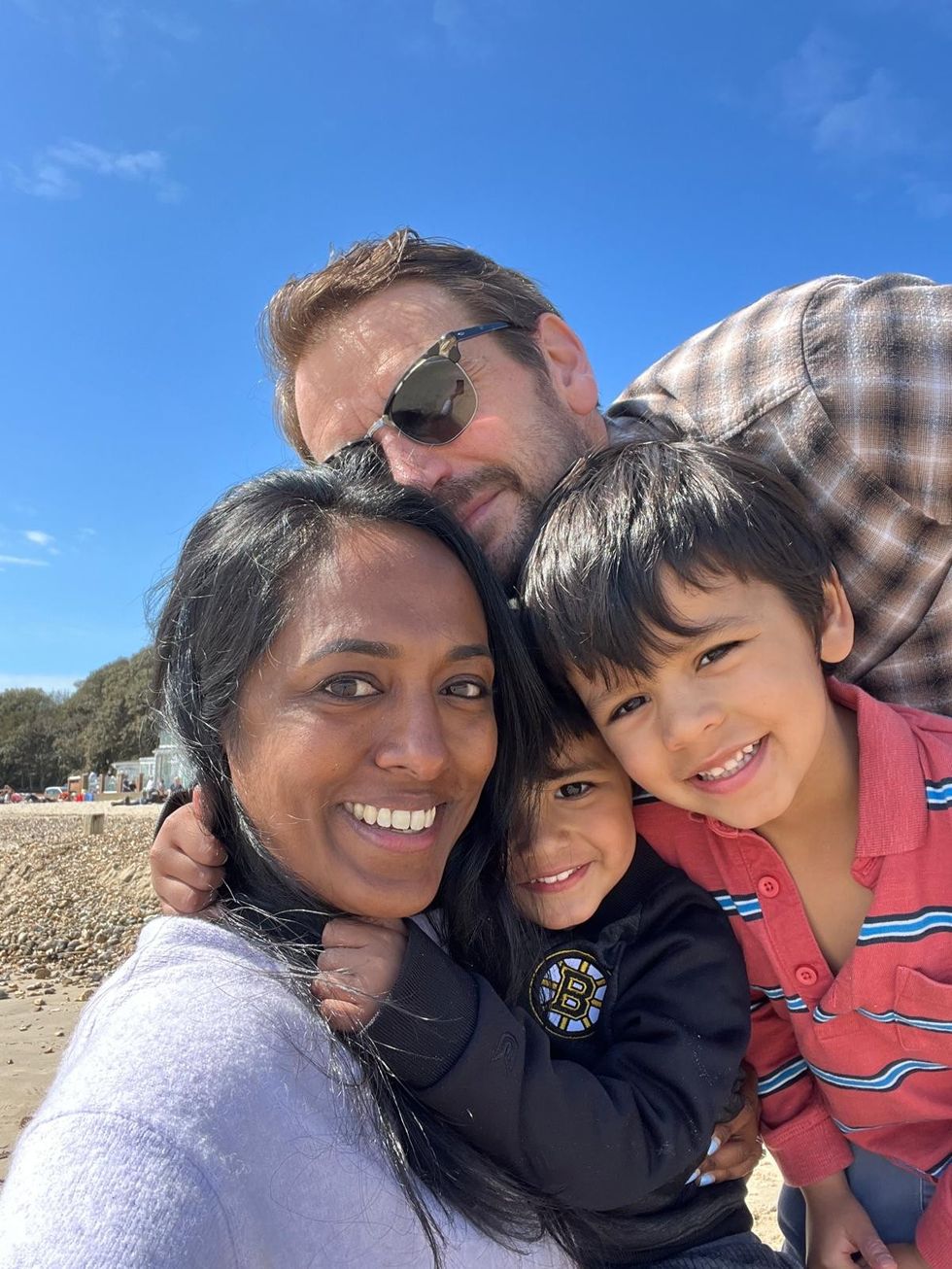
“By the end of 2022, I noticed a rapid growth in my belly size. Despite increasing my exercise routine, including more running and sit-ups, the changes were noticeable. During the Christmas season, I felt unusually full after meals, even when I hadn’t eaten much.
“These symptoms, the fullness and the belly size increase, prompted me to see my doctor in early December 2022.
“My doctor initially thought everything seemed normal, but sent me for an ultrasound, which revealed a suspicious lesion. Further tests, including a CT scan, confirmed I had liposarcoma. I was then referred to a cancer centre in London for surgery,” Shortt, who is from Chennai in south India, said.
Within a week of her diagnosis, Shortt underwent surgery to remove a tumour weighing four kilograms. She also had a hemicolectomy, which involved removing part of her large intestine.
“As a GP, I understand the importance of a healthy lifestyle. I’ve always exercised regularly, including running, weight training, and yoga, and maintained a healthy diet,” Shortt said.
“Yet, I found myself battling sarcoma. Sarcoma can affect anyone, but it’s still crucial to maintain a healthy lifestyle. I’m grateful I sought medical advice when I noticed something different in my body,” she added.
“I advise everyone to trust their instincts and seek medical advice if they have concerns about a lump, new symptoms, or changes in their body. I was fortunate to be diagnosed early, which allowed for effective treatment. Be aware of your body, and if something seems off, see your GP to get checked.”
Shorrt said the support from her family and her Indian values helped her to beat the disease.
“It was very difficult for my family, especially since my children are quite young. They didn’t fully understand what was happening, so we kept it simple and told them I was going to the hospital for surgery and wouldn’t be able to carry them for a few weeks. They handled it well, given their ages of six and four.
“However, for my husband and parents, it was much harder. My husband was amazing and very supportive. He took great care of our children, but he felt helpless because he wanted to do more.
“My parents were devastated to see their daughter going through this diagnosis,” she said.
“Despite the challenges, I remained strong, motivated by my children. I felt I had to give my best shot at recovery. It was a difficult journey for everyone, but we got through it together, and now we’re over the worst of it.”
Now cancer-free, Shortt said she has check-ups twice a year to ensure her recovery continues.
Inspired by her journey and determined to spotlight sarcoma awareness, her husband, Ollie Shortt, ran the London Marathon this April. His unconventional attire – a bone costume – earned him a spot in the Guinness Book of World Records as the fastest runner in a marathon dressed as a human body part.
She added, “Asian women are often more reluctant to seek medical help when there’s a problem. It’s crucial to know our bodies well. If you notice something different, whether it’s a lump, new symptoms, a cough, weight loss, a change in bowel habits, or persistent tiredness, get it checked.
“Don’t delay and don’t be afraid to see a doctor. A good doctor will never think you’re over-reacting and will be happy to provide reassurance or refer you for further tests.
“My story is important because it highlights the need for awareness and early diagnosis. I’m grateful to have survived, and I hope sharing my experience will help others.
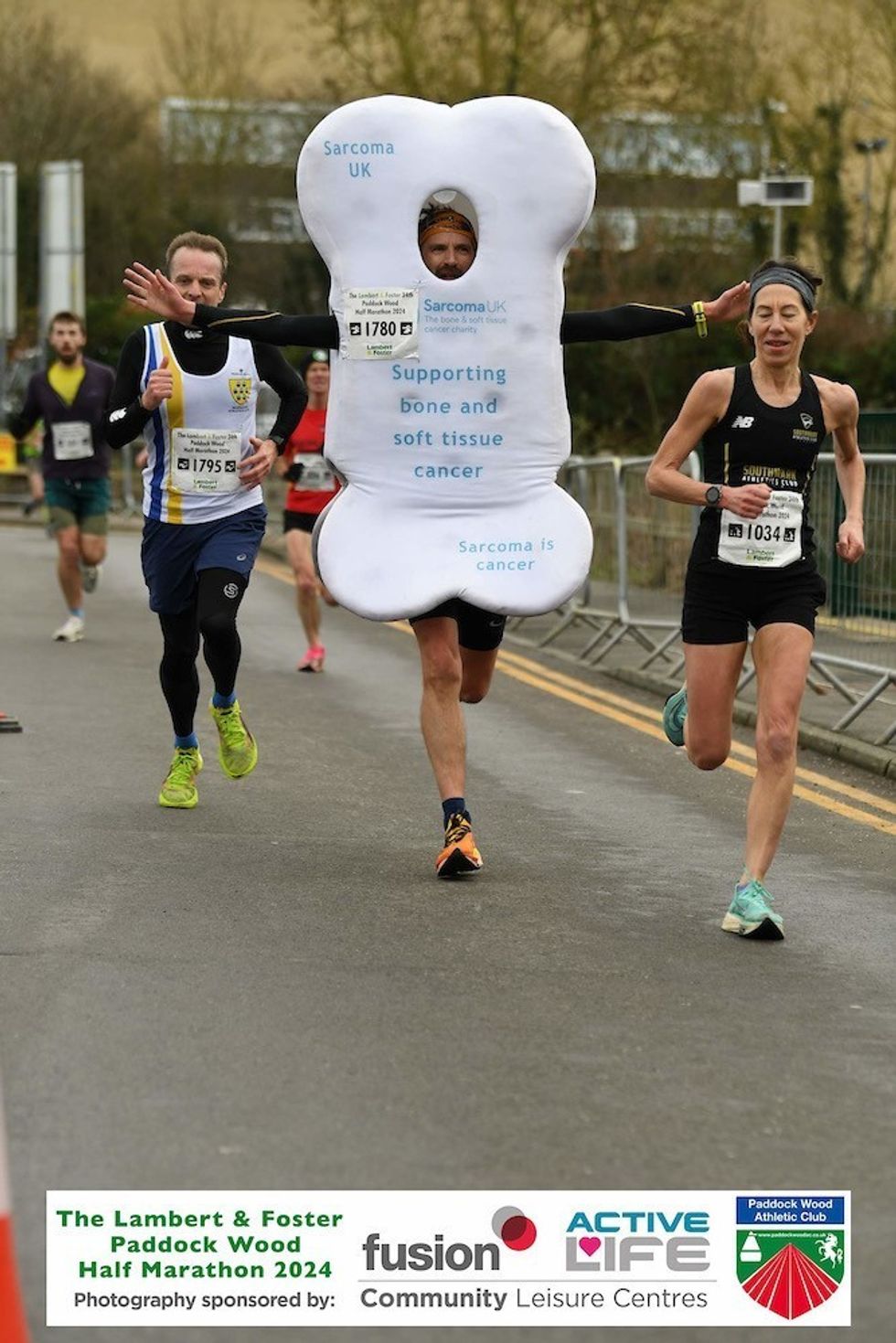
“If even one person reads this and decides to get a concerning symptom checked, it could make a significant difference.
“Maintaining a healthy lifestyle is essential, but we also need to trust our instincts and seek medical advice when something feels wrong.
“I’m proud of my Indian heritage, which has taught me valuable lessons about spirituality, healthy living, and resilience. My family and I recently visited Chennai to see relatives, and it reminded me of the importance of our cultural values.”
She added, “Family and community support is crucial during a health crisis. Help with childcare, cooking and emotional support can make a big difference. High-quality food and open conversations about feelings are vital for recovery. Everyone should do their part to support those going through similar challenges.”
Noting the diagnosis of Catherine, the Princess of Wales, Shortt said, “Her experience highlights that cancer can affect anyone, regardless of how healthy their lifestyle may be – eating well, exercising, and managing stress.
“This reminder that cancer doesn’t discriminate by background or status is vital for public awareness. While it’s saddening for her, it’s also positive for society, showing that even someone as admired as Kate can be affected. Hopefully, her example will encourage others to prioritise their health and seek medical advice if they have concerns.”
Richard Davidson, chief executive of Sarcoma UK, said Shortt’s story served as a wake-up call. “We must raise awareness about sarcoma symptoms among the public and healthcare professionals.
“Every day counts regarding sarcoma diagnosis, and we’re working tirelessly to ensure that people like Kripa can access prompt, accurate diagnoses and life-saving treatments.”
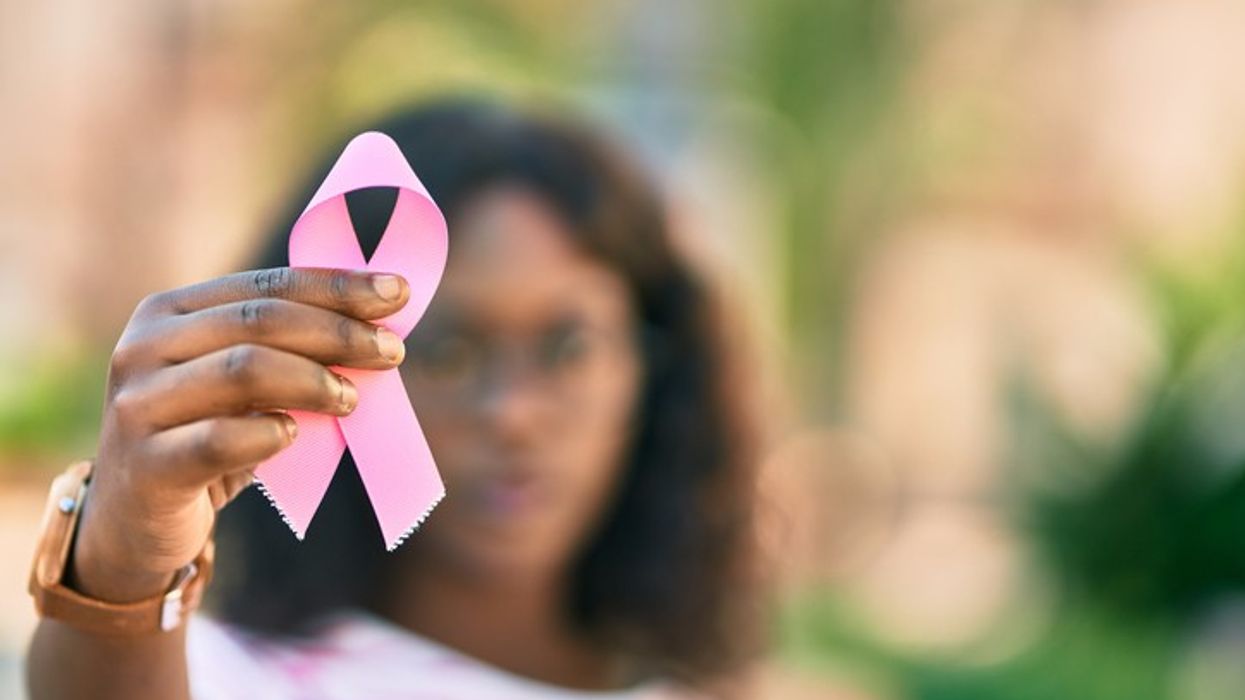




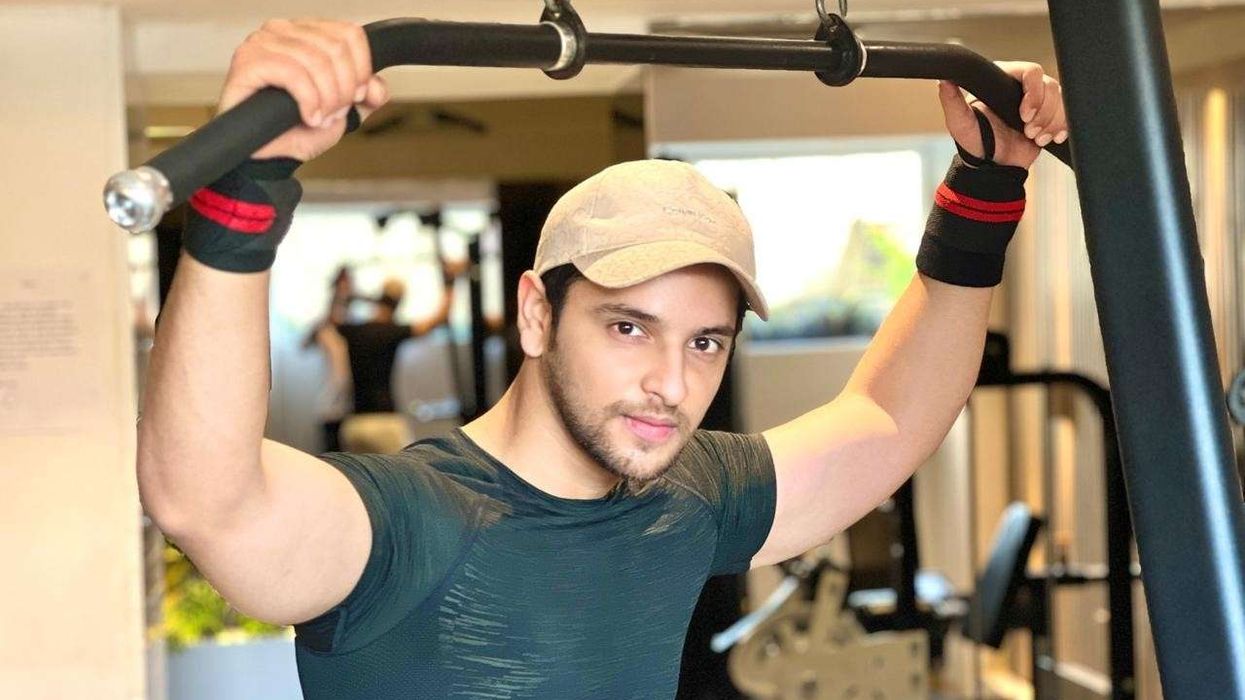
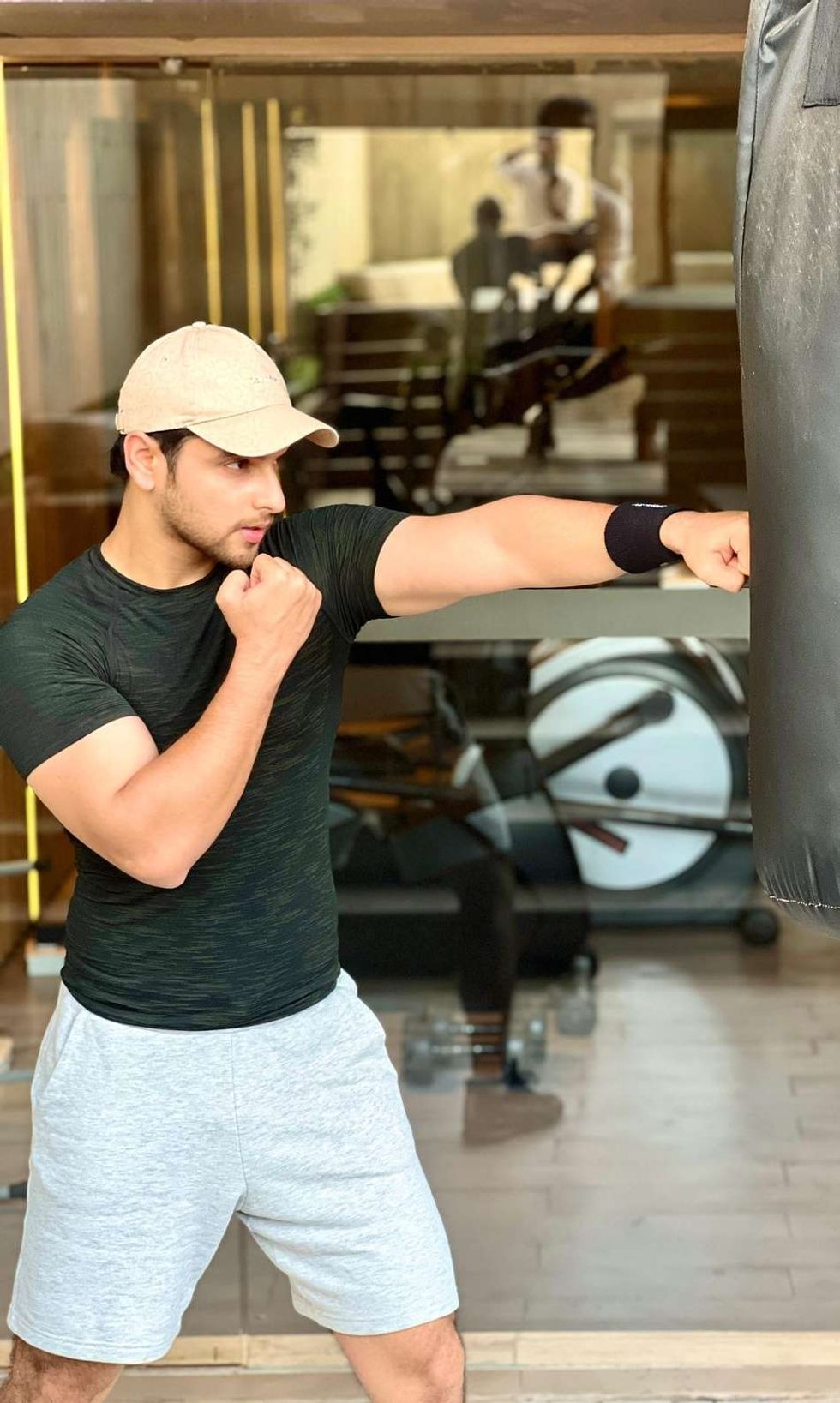 He says: "There’s something incredibly empowering about finishing a solid back workout"AMG
He says: "There’s something incredibly empowering about finishing a solid back workout"AMG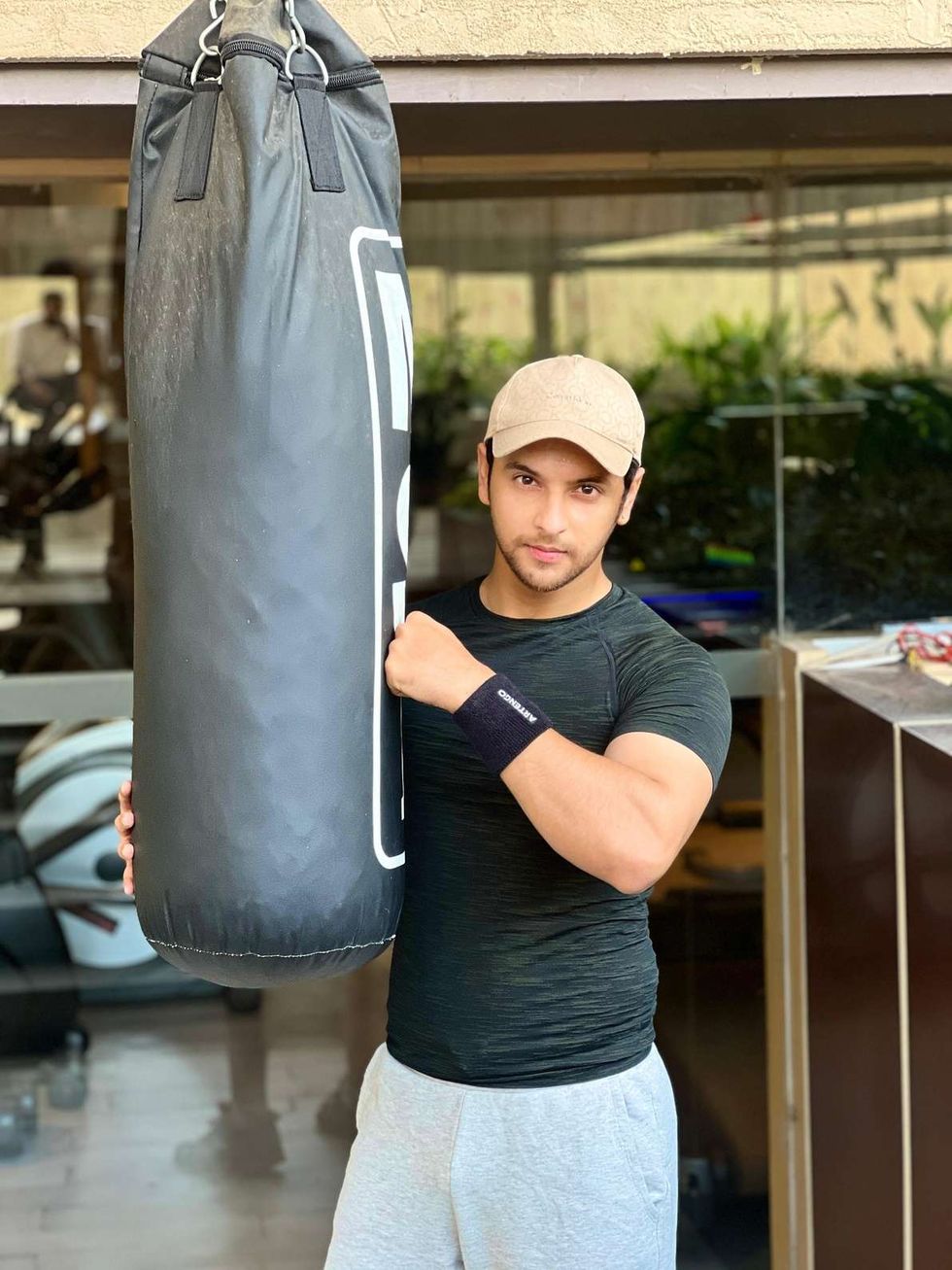 He says: "I think health and wellness are fundamental aspects of life that don’t necessarily require fancy gadgets or apps"AMG
He says: "I think health and wellness are fundamental aspects of life that don’t necessarily require fancy gadgets or apps"AMG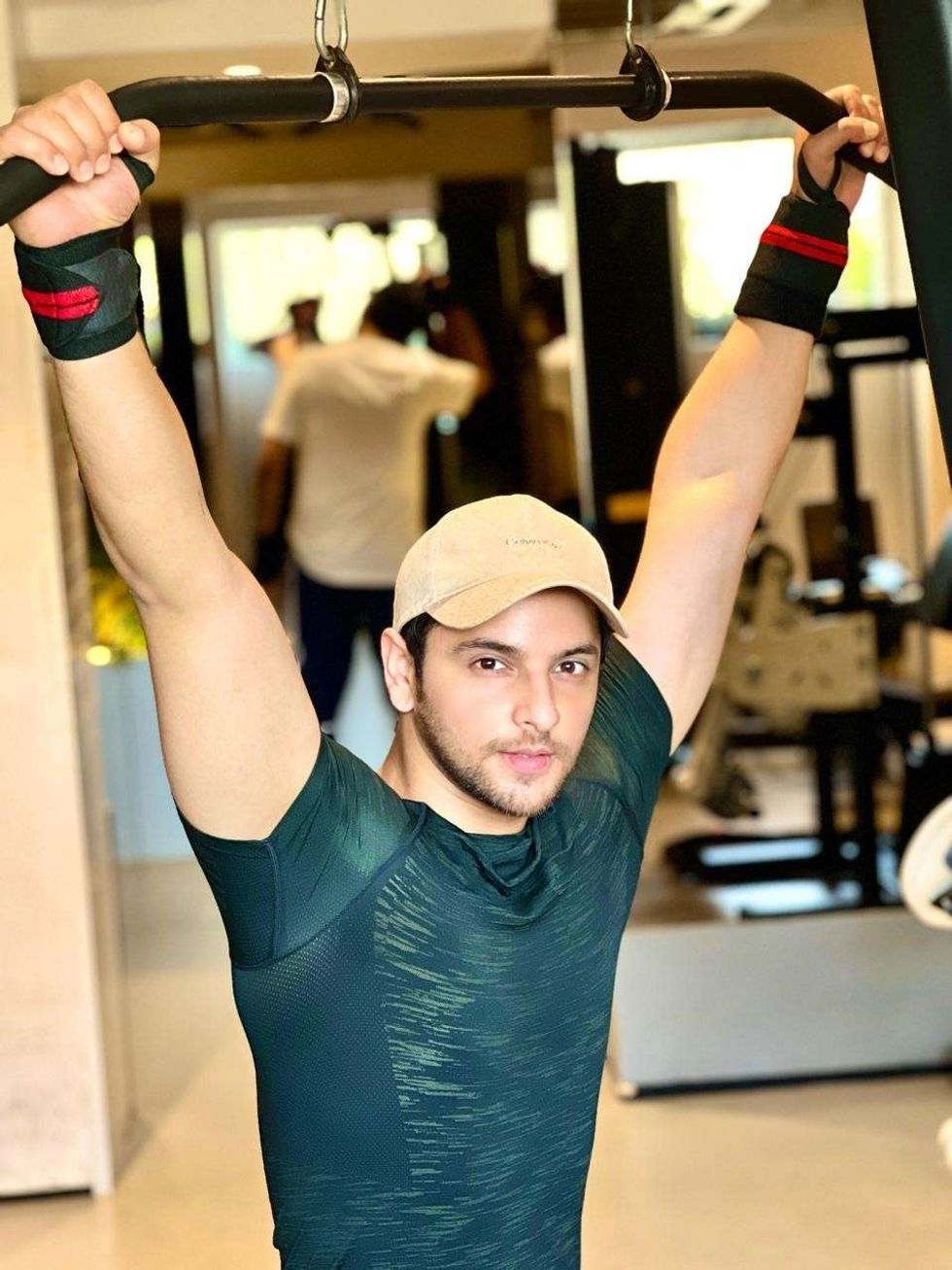 My grandfather is my ultimate inspirationAMG
My grandfather is my ultimate inspirationAMG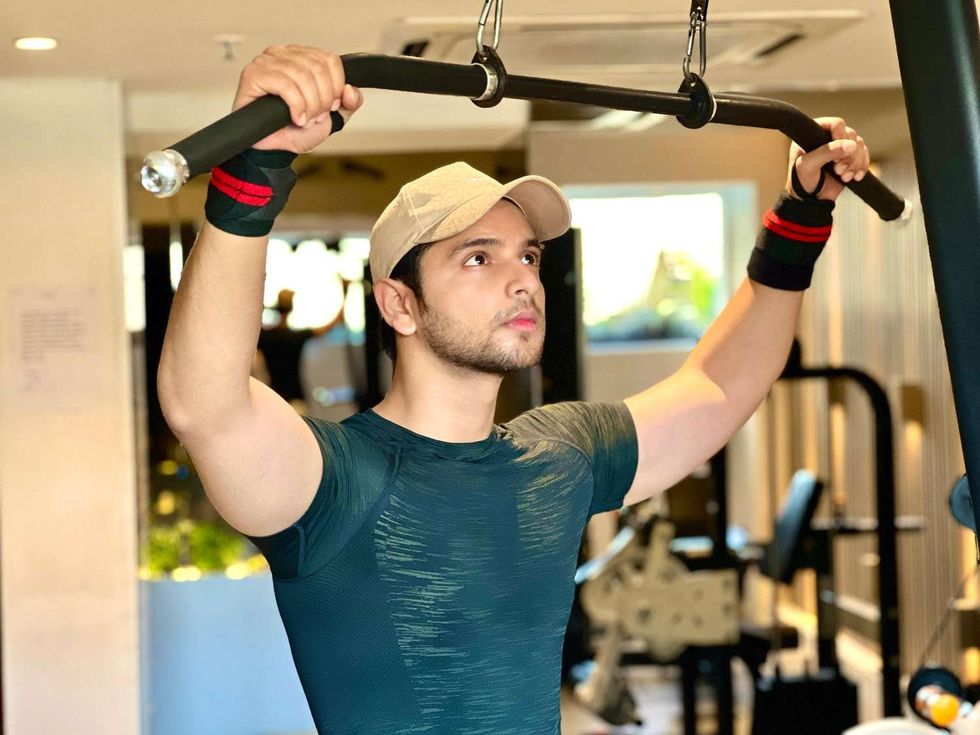 He says : "Without a doubt, it would be Tom Cruise"AMG
He says : "Without a doubt, it would be Tom Cruise"AMG






